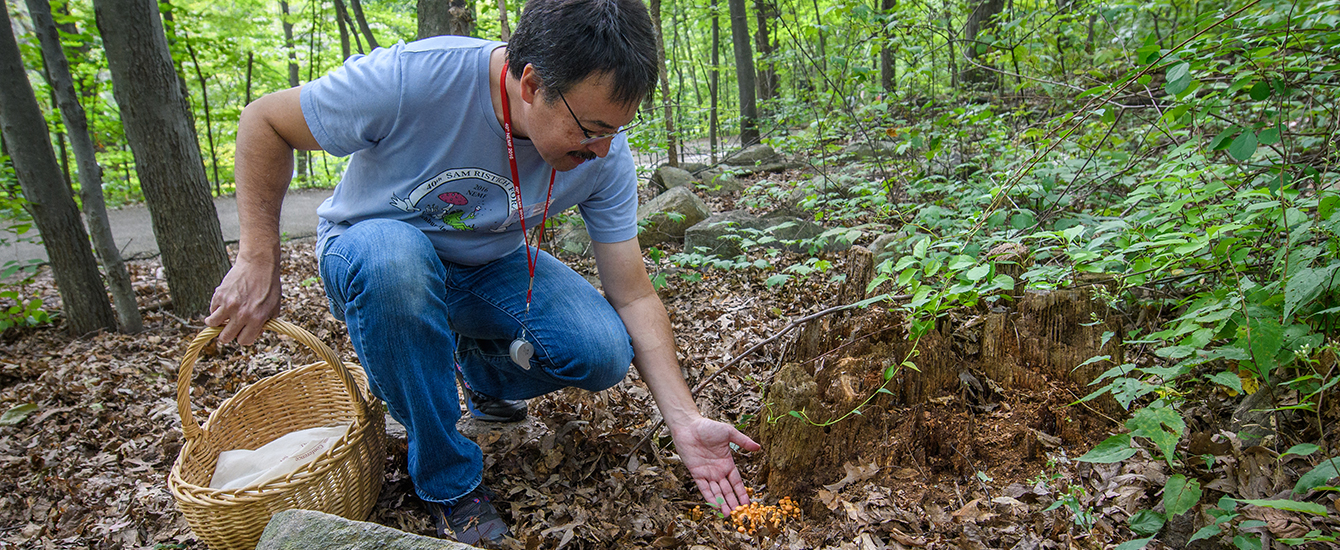Biology
A phylogenetic overview of the Agaricomycotina
Document Type
Article
Abstract
The Agaricomycotina contains about onethird of the described species of Fungi, including mushrooms, jelly fungi and basidiomycetous yeasts. Recent phylogenetic analyses by P. Matheny and colleagues combining nuclear rRNA genes with the protein-coding genes rpb1, rpb2 and tef1 support the division of Agaricomycotina into Tremellomycetes, Dacrymycetes and Agaricomycetes. There is strong support for the monophyly of the Tremellomycetes, and its position as the sister group of the rest of the Agaricomycotina. Dacrymycetes and Agaricomycetes also are supported strongly, and together they form a clade that is equivalent to the Hymenomycetidae of Swann and Taylor. The deepest nodes in the Agaricomycetes, which are supported only by Bayesian measures of confidence, suggest that the Sebacinales, Cantharellales and Auriculariales are among the most ancient lineages. For the first time, the Polyporales are strongly supported as monophyletic and are placed as the sister group of the Thelephorales. The Agaricales, Boletales and Atheliales are united as the Agaricomycetidae, and the Russulales might be its sister group. There are still some problematical nodes that will require more loci to be resolved. Phylogenomics has promise for reconstructing these difficult backbone nodes, but current genome projects are limited mostly to the Agaricales, Boletales and Polyporales. Genome sequences from other major lineages, especially the early diverging clades, are needed to resolve the most ancient nodes and to assess deep homology in ecological characters in the Agaricomycotina. © 2006 by The Mycological Society of America, Lawrence.
Publication Title
Mycologia
Publication Date
11-2006
Volume
98
Issue
6
First Page
917
Last Page
925
ISSN
0027-5514
DOI
10.3852/mycologia.98.6.917
Keywords
Basidiomycota, Heterobasidiomycetes, Hymenomycetes, phylogeny, taxonomy, Wallemia
Repository Citation
Hibbett, David S., "A phylogenetic overview of the Agaricomycotina" (2006). Biology. 262.
https://commons.clarku.edu/faculty_biology/262



